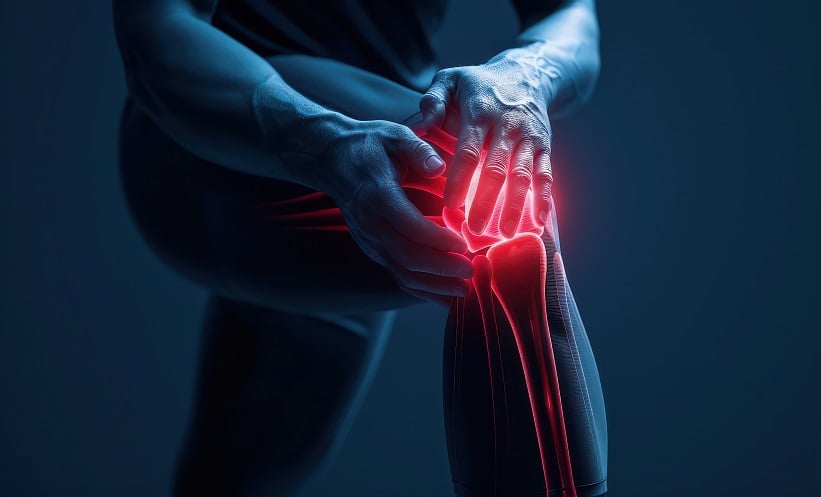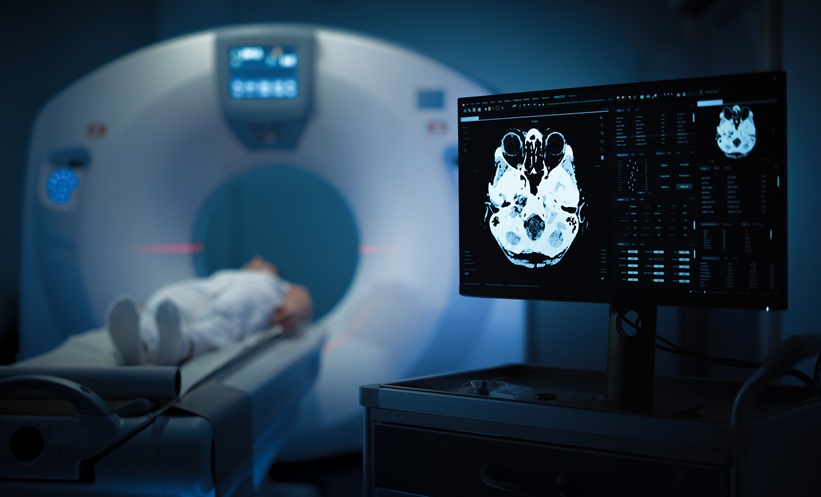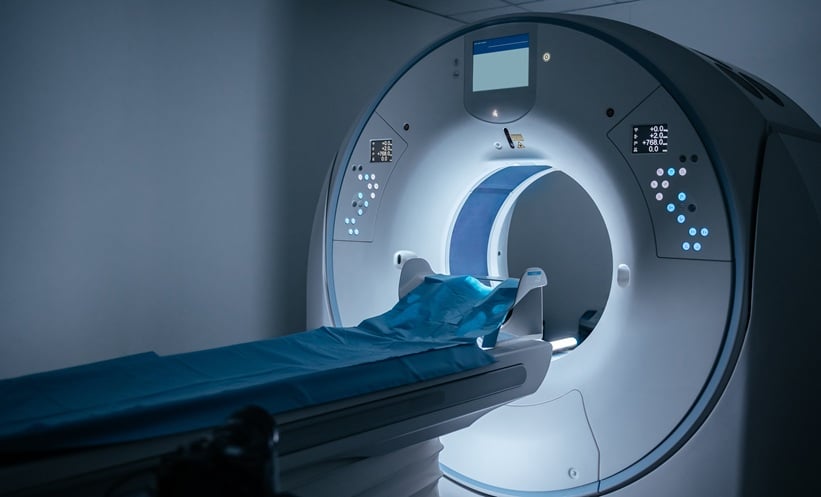RECENT advances in MRI technology have aimed to reduce scan times while maintaining diagnostic accuracy. A new study has now evaluated a highly accelerated MRI protocol using deep learning (DL) super-resolution reconstruction for assessing internal knee derangement. This approach, which combines threefold parallel imaging and twofold simultaneous multislice (SMS) acceleration, results in a scan time of under 5 minutes. Crucially, the study benchmarked the MRI findings against arthroscopic surgery—the gold standard for knee diagnostics.
In this retrospective analysis, 124 adult patients with painful knee conditions who underwent both accelerated 3-T knee MRI and arthroscopy between October 2022 and July 2023 were included. MRI scans were evaluated independently by seven fellowship-trained musculoskeletal radiologists. They rated image quality, artefact presence, anatomical structure visibility, and diagnosed specific injuries such as ligament tears, meniscal tears, cartilage defects, and fractures. Diagnostic performance was statistically compared to surgical findings, using interreader agreement (kappa statistics) and area under the receiver operating characteristic curve (AUC).
Results showed that overall image quality was rated as good to very good (median 4, IQR 4–5), with no significant motion artefacts (median 5, IQR 5–5) and minimal noise (median 4, IQR 4–5). Anatomical structures were clearly visible (median 5, IQR 5–5). Interreader agreement was very high (κ = 0.86), and diagnostic performance against arthroscopy was strong. For anterior cruciate ligament tears, sensitivity, specificity, accuracy, and AUC were 100%, 99%, 99%, and 0.99, respectively. Posterior cruciate ligament tears were identified with 100% accuracy and an AUC of 1.00. Other findings included strong diagnostic values for medial meniscus tears (AUC 0.93), lateral meniscus tears (AUC 0.86), and cartilage defects (AUC 0.81).
These findings demonstrate that DL-enhanced, sixfold-accelerated 3-T knee MRI offers a fast, reliable alternative to traditional protocols, with strong alignment to surgical findings. The sub–5-minute protocol could significantly reduce scan times in clinical practice without compromising diagnostic accuracy. However, limitations include the retrospective, single-centre design and exclusion of patients without surgical confirmation, which may affect generalisability. Prospective multicentre studies will be valuable for broader validation.
Reference
Voddhenrich J et al. Clinical Implementation of Sixfold-Accelerated Deep Learning Super-Resolution Knee MRI in Under 5 Minutes: Arthroscopy-Validated Diagnostic Performance. AJR Am J Roentgenol. 2025;DOI: 10.2214/AJR.25.32878.








